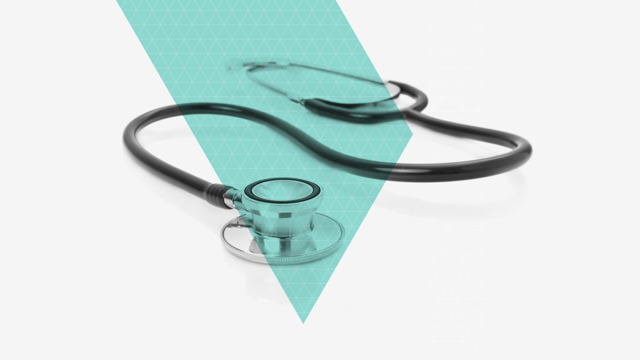The Government has recently announced its plan to modernise the regulation of medicines and medical devices by replacing the Medicines Act 1981 with a new Medical Products Bill (Bill). It has also decided that natural health products would be regulated under a standalone bill, yet to be developed. These announcements are a further key step in implementing the coalition agreements' commitments to replace the current outdated legislation for medicines and medical devices, and to repeal the Therapeutic Products Act 2023 (TPA), which was considered to be too heavy handed for some products.
Accordingly, a main objective of the Government's proposals is to ensure the new regulation is risk proportionate. Medicine and medical devices would be regulated in a way that recognises the difference between those products and the different risk profiles of different types of products. In addition to implementing these principles, key features of the legislation would include the following:
- Different approval pathways depending on the product's nature and risk. For example, it is intended that lower risk medical devices like surgical masks would face minimal regulation and may go through a self-declaration and notification pathway.
- Abbreviated pathways where a medicine or medical device has already been approved by trusted overseas regulators (this reflects an overarching principle that regulation should be harmonised with international good practice where possible). The Government is already advancing work on interim measures to amend the Medicines Act 1981 to introduce a new verification pathway. This would enable Medsafe to approve new medicines that have been approved by at least two recognised overseas regulatory authorities within 30 days (see relevant Cabinet paper here).
- Flexibility to allow innovative products to be assessed over time without requiring amendment to the primary legislation.
- Provisions that would enable the exclusion of specific products (such as artificial intelligence and human and non-human cells and tissues) through secondary legislation.
- No approvals for export only products, however work will continue to develop a regime to support exporters that require export certification for overseas markets.
Cabinet has also agreed that natural health products should be regulated under a standalone bill. This is expected to be developed through sector engagement over the next 12 months.
The Health Committee recently reported back on the Therapeutic Products Repeal Bill, which will repeal the TPA. The TPA was introduced by the previous Government to bring the regulation of medicines, medical devices and natural health products under one Act. The Therapeutic Products Repeal Bill, when passed, will revert the regulation of medicines, medical devices and natural health products to the status quo – ie under the Medicines Act 1981 and the Dietary Supplement Regulations 1985. The Health Committee received over 200 submissions and notes in its report that majority of submitters took the view that the Medicines Act 1981 is not fit for purpose, but the TPA was not the right replacement. It was also noted that many submitters supported the repeal due to concerns that the TPA over regulated low-risk natural health products. Its report confirms that the issues raised by submitters will be considered by Government when developing future legislation.
Next steps
Drafting of the Bill to implement the first tranche of Government decisions is now underway. The Associate Minister of Health is to report back to Cabinet by the end of March 2025 with further policy proposals for inclusion in the Bill, including on:
- clinical trials;
- regulating pharmacies;
- supporting exporters;
- advertising;
- regulation of software as a medical device, including artificial intelligence; and
- a separate regulatory system for natural health products.
The Government intends to pass the Medical Products Bill in 2026, coming into effect around 2028.
The relevant Cabinet paper is available here and the Regulatory Impact Statements are available here. If you have any questions, please reach out to one of our experts below.



